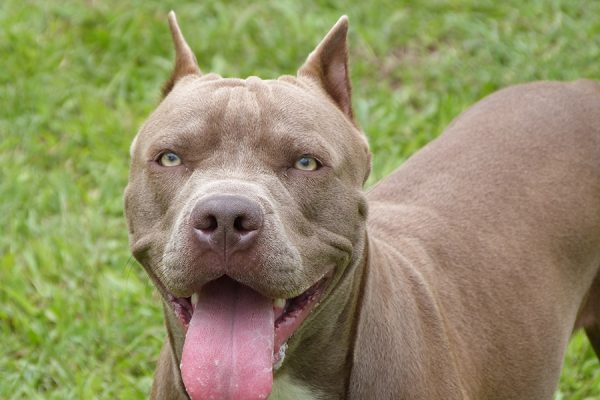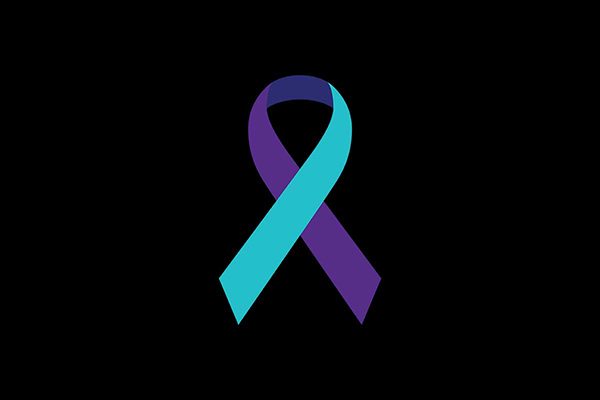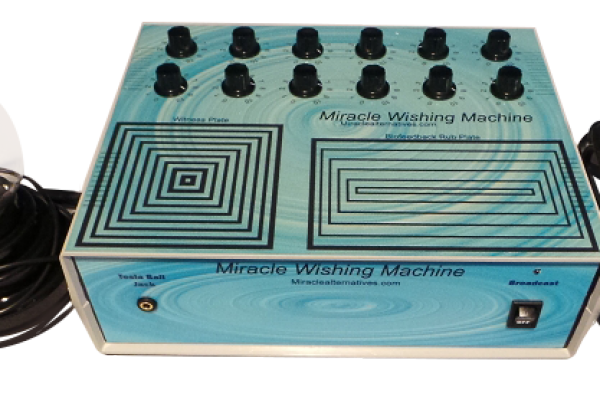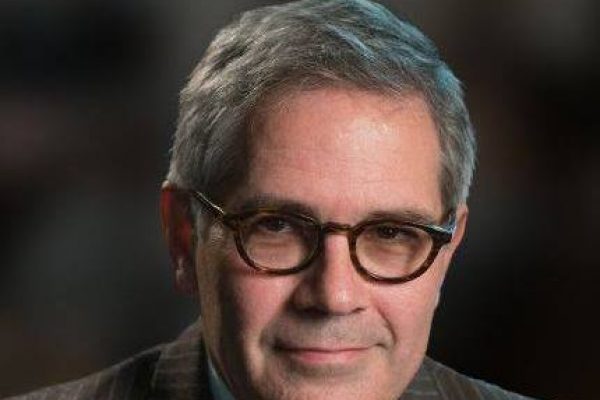When my parents (who were part of America’s so-called “Greatest Generation”) were in their 50s, they seemed much older than the 50-plus people I know today. American society was not so youth-conscious then; there were no nubile Calvin Klein faces on bus stops, and teenagers and people in their 20s were not yet framed as humanity’s ideal age. In my parents’ era, older people looked very old and they dressed very old. The men — except for the occasional dandy — had little taste in fashion. While they may have used hair lotions like Vaseline Hair Tonic and Vitalis, the men in the 1950s and ‘60s looked 40 by the time they were 26. This is no longer the case.
Baby boomers — a.k.a. the children of the ‘60s or the great generation that brought the world the sexual revolution and Woodstock — have revolutionized the idea of what it means to be older. With vitamins, plastic surgery, Botox, Viagra, personal trainers or regular workouts at home or in gyms, Boomers have established that 60 is really the new 40 and that 70 is the new 50. This was the generation, after all, that coined the phrase “Don’t trust anyone over 30.” Now that the boomers are way past 30, they’ve upped the ante: Getting older doesn’t have to be what it was for their parents’ generation. In fact, it won’t be that way at all.
Activist boomers planted the seed for this kind of thinking a long time ago when they came up with the concept of ageism. Ageism is discrimination or negative stereotyping based on chronological age. It was put on par with sexism (discrimination against women) and homophobia (fear of homosexuals). Years ago, Philadelphia’s very own Maggie Kuhn, the founder of the Gray Panthers, was a leader in the fight against age discrimination. The boomers’ anti-ageist philosophy helped change the way we think about age. It also helped change the language of age. Many boomers, for instance, have resolved never to use the word “old” when referring to themselves. This thought stems from the New Age belief that when you use a word repeatedly you give it power; when you constantly say, “I’m getting old,” “I am so old,” etc., you will in fact get old at a faster rate than you would if you didn’t say such things over and over again.
Other words and terms like “geezer,” “old fogey,” “old maid” and, to a much lesser extent, “dirty old man” have fallen out of the boomer lexicon. They all point to stereotypes and negative connotations concerning age. (Why, for instance, is it any worse to be a dirty old man than it is to be a dirty young man?) In some circles, the use of the word “senior” is being scratched and replaced with “older” or “elder.”
This is all well and good, but just because ageist words and thoughts are no longer popular with boomers doesn’t mean that the larger culture has bought the concept — at least not yet. While older people today may feel and even look younger than their parents did at their age, far too many younger people still see them as older and therefore somehow out of the loop.
I attended an intergenerational barbecue several years ago and noticed that the twenty-something people present had a terrible time conversing with guests out of their age range. Although this changed somewhat as the party progressed, there was still a hardcore group who seemed deathly afraid to relax with people not their age. (Perhaps this was nothing more than a symptom of the iPhone/iPad-obsessed generation who doesn’t in fact realize that the way we become more human is by paying attention to one another.)
Youth still reigns supreme in America, especially in the world of advertising. Consider the number of companies that won’t hire people over 40 or that lay off women executives who are past their prime. Ageism in the television broadcast industry is so flagrant that female anchorpersons are usually “retired” at the first signs of a double chin or gray hair. About the only place in American life where being older is actually an asset seems to be the world of politics. It’s no secret that most Americans want leaders who seem wise and mature, not ones with bed hair, holes in their earlobes and tattoos.
Scientists say that by the middle of this century we may see 20- to 40-year leaps in the average life span, thanks to advanced drugs, biotherapies and the cures of many degenerative diseases. While that may be good news to boomer visionaries and most of us in general, what does that mean in terms of quality-of-life issues? If science makes it possible to be healthy and energetic until well into our 90s, society will have to change.
Older workers will have to be welcomed back into the corporations and television networks. Philadelphia’s Fox News will have to stop changing their news anchors at the first sign of a wrinkle or gray hair every 12 months or so.
What sense would it make if the world were full of healthy 90 year olds walking around with nothing to do? Living longer in a world where the national economy continues to worsen and where personal finances plummet would be a gamble. Being poor and elderly would not be a good life unless you lived in a convent or a monastery, or at home with loved ones who cared about you (and who didn’t want to throw you into a nursing home), but it could be a devastating and very hard existence otherwise.
There’s also this: Would living longer guarantee that we wouldn’t burn out emotionally even though we still might be able to run a marathon?
Bioconservatives like Daniel Callahan and Leon Kass take a dim view of biotechnological progress that could increase the human lifespan to 150. Mr. Callahan believes that “there is no human social good coming from the conquest of death.” Mr. Kass, the controversial former head of President George W. Bush’s Council on Bioethics, says that “the finitude of human life is a blessing for every human individual, whether he knows it or not.” San Francisco author Lillian Rubin, who is 83, claims she is sick of the mainstream media singing the praises of the joys of old age. In her book, 60 on Up: The Truth About Aging in America (Beacon Press), Ms. Rubin writes that because people are living longer they are possibly facing 35 years or more of retirement. “And it ain’t all gonna be a walk on the beach,” she insists. “I can hardly remember a time getting together with friends in their late 60s and older, when they weren’t talking about getting tired, bored with what they were doing, what they were going to do in retirement…”
As for the ads in the ubiquitous AARP magazine that most Americans begin receiving on their 50th birthdays, Ms. Rubin says they are among the worst offenders, “featuring thin, barely wrinkled, happy gray-haired couples on the beach. Come on,” she says, “this is not life!” The upsetting truth is, to someone who is 24, anyone over 30 is old; over 40 is ancient, and anything beyond that is simply inconceivable. Conversely, it is also true that the older one gets, the less age-conscious one becomes. For the older person there’s a kind of forgetfulness about age and age differences. Only younger people call attention to the fact that someone is older — it is the young who are age-obsessed.
What Ms. Rubin and the bioconservatives are saying is that living long for the sake of living long is not enough. Unless the mind and the emotions can be rejuvenated, unless the spirit can be rekindled or reinvented, what’s the point of sticking around if life has simply exhausted you?
Of course, countering this attitude is the powerful, healthy, well-financed, and age-defying generation of new seniors — the baby boomers — who have every intention of creating a memorable, new definition for “old” as they launch what promises to be their last, best revolution. •





